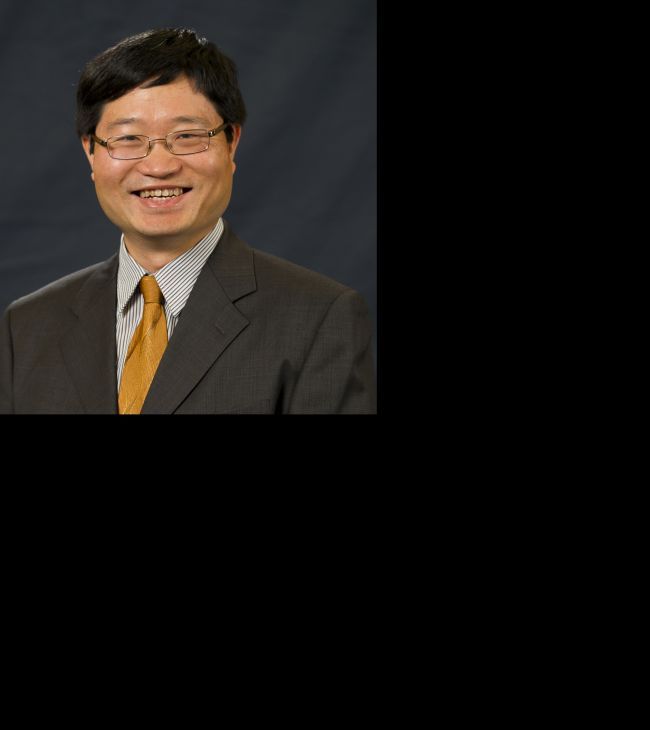Event Title
Using Mice to Find Drugs against Human Lung Cancer: How Good is this Compass, Really?
Loading...
Document Type
Presentation
Start Date
6-10-2020 4:00 AM
End Date
6-10-2020 5:00 AM
Description
Lung cancer is the most lethal type of cancer in US. Mice injected with human cancer cells either under the skin or into the lung most commonly guide the search for drugs against lung cancer. However, such mouse models have major differences from the real human lung cancer and drug candidates that show efficacy in such models have a high chance of failure in lung cancer patients. This talk will present a new mice model of lung cancer, where human lung cancer cells are first grown into tumor-like clusters in culture and then injected into the mice lung. In contrast to many traditional lung cancer models, this new model can simulate all four clinical stages of lung cancer progression over one month: Stage 1) localized tumor, Stage 2) multiple tumor nodules or larger tumor nodule on the same side of the lung, Stage 3) cancer growth on heart surface, and Stage 4) metastasis on both sides of the lung. The new model enjoys high rates of animal survival (100%) and tumor establishment (88.9%). The morphology of the cancer cell clusters can be used to control the cancer progression. This new mouse model would better guide the discovery of new drugs against lung cancer.
Speaker Bio
Xin Guo, PhD earned his bachelor of science in medicinal chemistry from Fudan University in Shanghai, China in 1993 and his master of science in medicinal chemistry from Duquesne University School of Pharmacy in Pittsburgh, Pennsylvania in 1995. He earned his doctor of philosophy in pharmaceutical chemistry from University of California, San Francisco in 2001. Dr. Guo has been a part of the Pacific family since 2003.
As a Pacific faculty member, Dr. Guo loves the opportunity to give energizing lectures on medications and to mentor pre-pharmacy students. He also enjoys being involved in the Beta Omega chapter of the Rho Chi Honor Society because of the youthful exuberance and team spirit of the students. His goals are to inspire students, advance science in drug delivery and help Pacific excel in the field of pharmaceutics and medicinal chemistry.
Dr. Guo is a member of the American Association of Pharmaceutical Scientists and has served as Chair for the organization's Bay Area Discussion Group. In addition, he is a member of the American Chemical Society.
He enjoys singing, traveling and playing chess. He is a member of his church choir and is a small group leader.

Using Mice to Find Drugs against Human Lung Cancer: How Good is this Compass, Really?
Lung cancer is the most lethal type of cancer in US. Mice injected with human cancer cells either under the skin or into the lung most commonly guide the search for drugs against lung cancer. However, such mouse models have major differences from the real human lung cancer and drug candidates that show efficacy in such models have a high chance of failure in lung cancer patients. This talk will present a new mice model of lung cancer, where human lung cancer cells are first grown into tumor-like clusters in culture and then injected into the mice lung. In contrast to many traditional lung cancer models, this new model can simulate all four clinical stages of lung cancer progression over one month: Stage 1) localized tumor, Stage 2) multiple tumor nodules or larger tumor nodule on the same side of the lung, Stage 3) cancer growth on heart surface, and Stage 4) metastasis on both sides of the lung. The new model enjoys high rates of animal survival (100%) and tumor establishment (88.9%). The morphology of the cancer cell clusters can be used to control the cancer progression. This new mouse model would better guide the discovery of new drugs against lung cancer.


